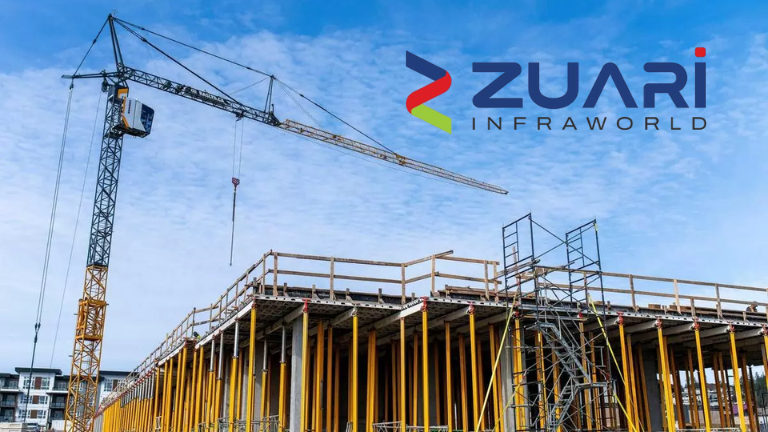Overseas Property Oversight: India Tightens Rules on Foreign Real Estate Investments
India has tightened Overseas Property Oversight, increasing scrutiny on real estate investments abroad by wealthy individuals. As capital controls tighten and global tax regulations shift, Indian investors must navigate stricter compliance rules when purchasing overseas properties.
Key Developments in Overseas Property Oversight:
✔ Tighter regulations on foreign property ownership
✔ Increased scrutiny on offshore structures used to buy homes abroad
✔ Countries like the UK imposing stricter tax rules on foreign homeownership
✔ Focus on curbing money laundering and speculative real estate investments
This overhaul in overseas property oversight is expected to change investment strategies for Indian high-net-worth individuals (HNWIs), altering the appeal of foreign real estate markets.
Why Is India Increasing Overseas Property Oversight?
1. Strengthening Compliance with Indian Capital Controls
🔹 India has traditionally maintained a conservative approach to capital outflows.
🔹 The Reserve Bank of India (RBI) restricts real estate trading abroad but allows genuine investments.
🔹 With more data-sharing agreements between countries, authorities are tracking offshore property transactions more closely.
2. Cracking Down on Tax Evasion and Money Laundering
💰 Offshore companies have been a common tool for Indian investors to buy property in the UK, UAE, and Europe.
💰 The Enforcement Directorate (ED) has increased scrutiny on such transactions to ensure compliance.
💰 Overseas Property Oversight helps curb illegal wealth outflows and promotes legitimate real estate investments.
3. Britain and Other Countries Are Closing Tax Loopholes
🏡 The UK and other developed markets are introducing stricter foreign homeownership policies.
🏡 Britain is closing inheritance tax gaps, making second-home ownership less attractive for Indian investors.
🏡 Rising property prices and stricter tax rules may reduce demand from Indian buyers.
Impact: Indian HNWIs must rethink investment strategies, as global tax policies make foreign real estate less financially attractive.
How New Overseas Property Oversight Affects Indian Investors
1. Stricter Monitoring of Offshore Property Purchases
✔ Indian authorities are tracking property-holding structures used by investors abroad.
✔ Wealthy individuals must comply with stricter reporting standards when buying overseas properties.
✔ Deferred payment plans and complex ownership structures face more regulatory scrutiny.
2. Slower Liberalization of Foreign Investment Rules
🚫 India will maintain a cautious approach to foreign investments.
🚫 The government will prioritize forex conservation and limit speculative real estate flows.
🚫 Future liberalization depends on India’s economic stability and current account performance.
3. Higher Taxation and Ownership Barriers Abroad
📈 Countries like the UK and Australia are discouraging foreign homeownership with higher taxes and stricter compliance requirements.
📈 Many nations now view foreign investors as contributors to rising housing prices, leading to new restrictions on foreign ownership.
📈 This could reduce demand from Indian buyers, making overseas real estate less attractive as an investment option.
Investor Tip: With increased overseas property oversight, Indian investors must ensure compliance in both India and the destination country to avoid legal risks.
Overseas Property Oversight: The Future of Indian Foreign Investments
1. Changing Trends in Indian Overseas Real Estate Investments
🌍 Indian investors are shifting focus to alternative asset classes due to rising compliance challenges in real estate.
🌍 Commercial properties, REITs, and fractional ownership models are gaining popularity.
🌍 Supply constraints in key markets will further shape investment decisions for wealthy Indians.
2. How India’s Forex Policy Impacts Overseas Property Oversight
🏦 India’s foreign exchange policies influence how much capital can flow abroad.
🏦 Tighter capital controls mean slower approval of large overseas real estate transactions.
🏦 The government’s focus will remain on preventing illicit outflows and ensuring sustainable investments.
3. Future Fiscal Policies and Their Impact
📜 Fiscal policies in both India and foreign property markets will shape how Indian investors approach international real estate.
📜 Governments may impose further restrictions on speculative investments by non-residents.
📜 Tax policies and regulatory adjustments will continue influencing demand trends.
What Lies Ahead for Overseas Property Oversight?
The tightening of overseas property oversight is a game-changer for Indian investors looking to expand their real estate portfolios abroad. While some HNWIs will adapt, others may diversify into alternative investment opportunities.
🚀 Key Takeaways:
✔ Stricter tracking of offshore property ownership is now in place.
✔ Tax and compliance hurdles make overseas investments more complex.
✔ Indian authorities are prioritizing forex conservation and curbing speculative flows.
✔ Investors need to adopt compliant strategies to ensure long-term success.
As India continues to refine its foreign investment policies, wealthy individuals must stay informed about new regulatory developments affecting overseas property investments.
💬 What are your thoughts on India’s increased overseas property oversight? Will it discourage Indian investors from buying foreign real estate?






